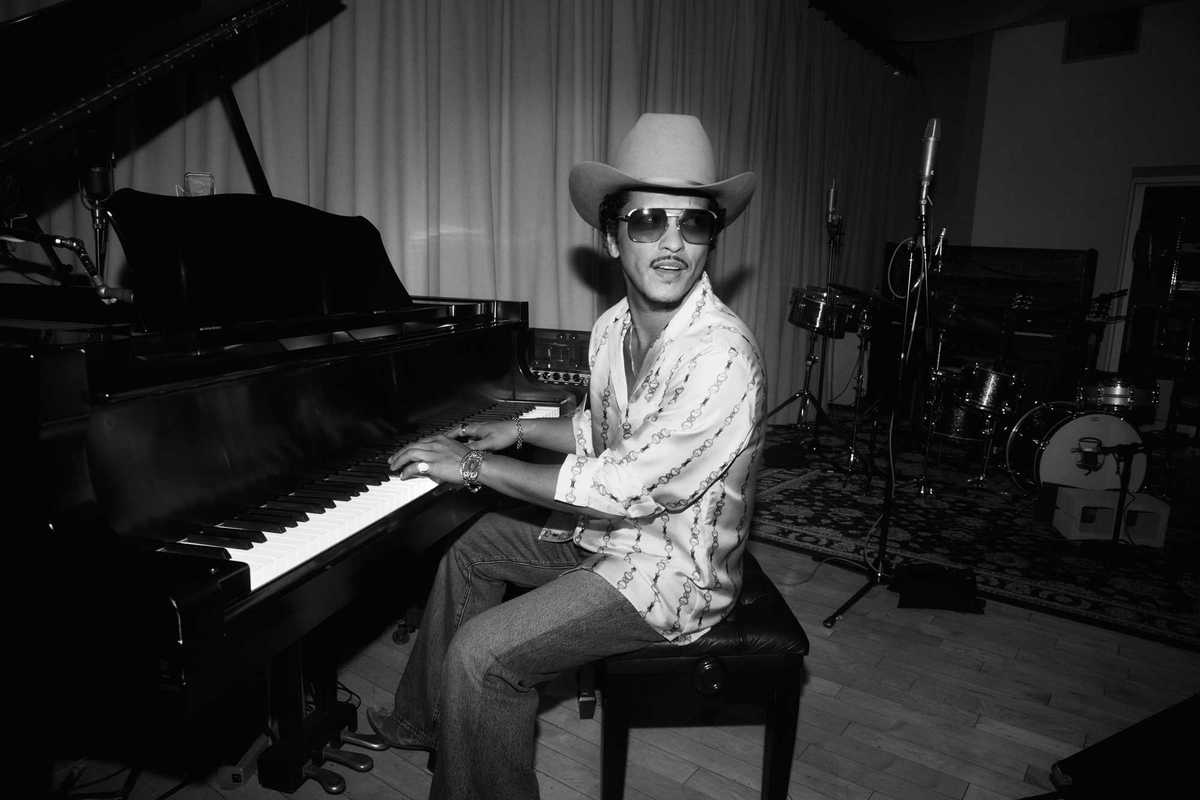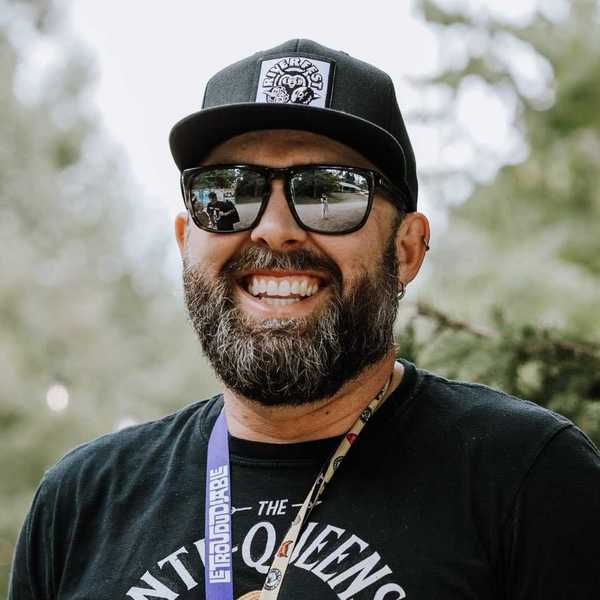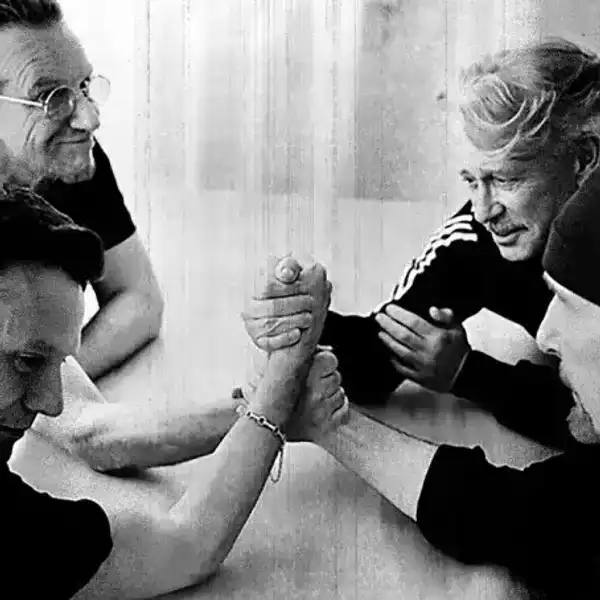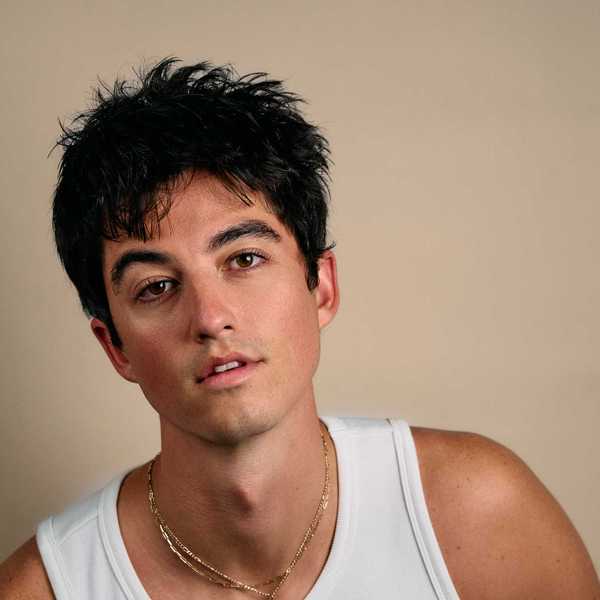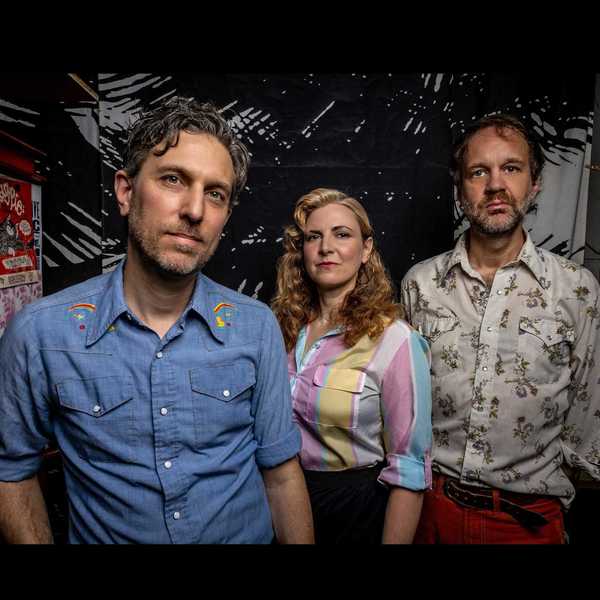Five Questions With… David Vest
The veteran blues pianist and shouter made a mark in the US before moving to BC. Recently nominated for two Maple Blues Awards, he reflects upon a colourful career, the perils of having a hearse as a tour bus, and his disdain for Autotune.
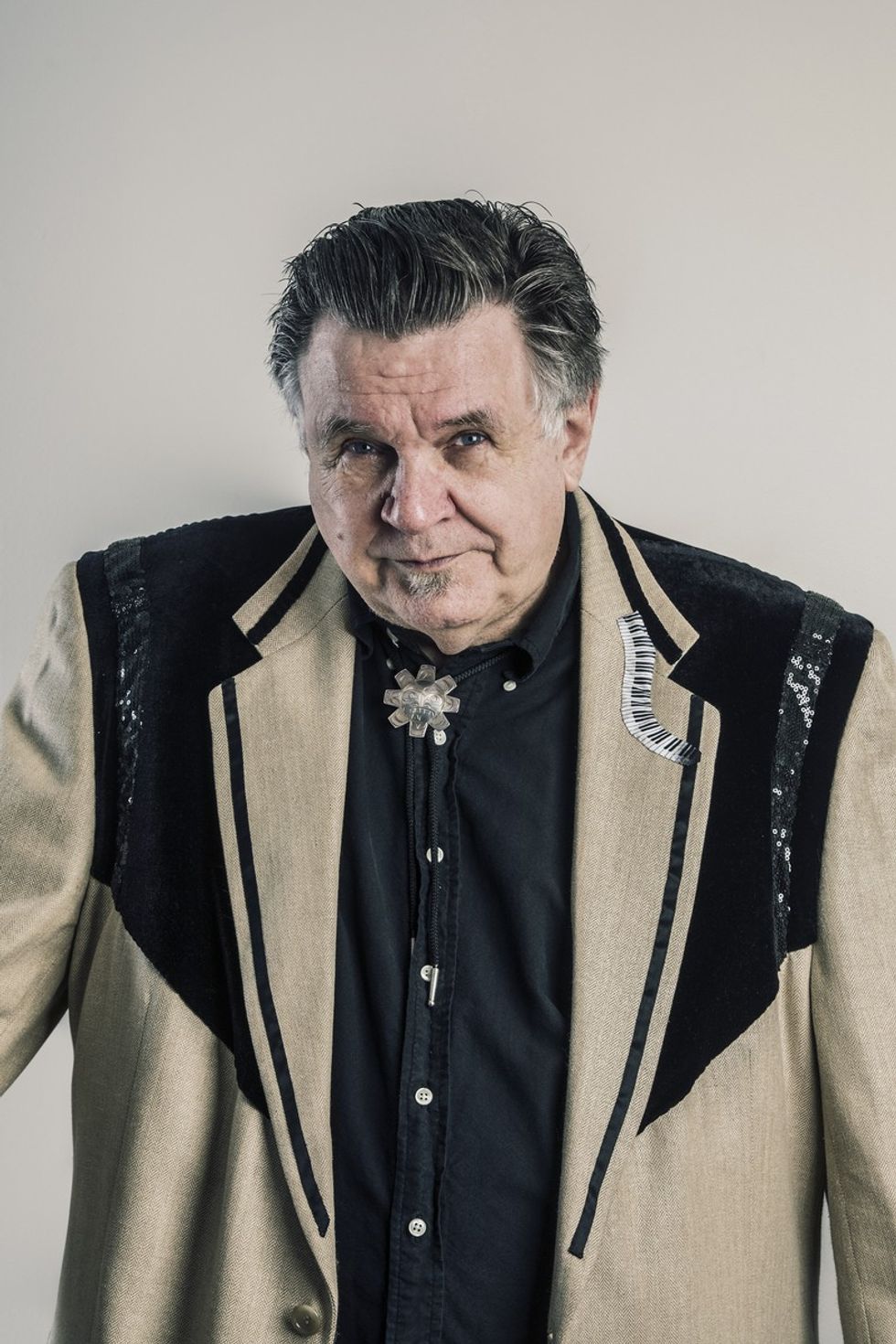
By Jason Schneider
Although he’s called Canada home for nearly a decade, David Vest remains an authentic, Southern-bred boogie-woogie piano player, blues shouter and world-class entertainer. That was proven again recently when he was nominated for two prestigious Maple Blues Awards—Piano Player of the Year and Songwriter Of The Year—in conjunction with his latest self-titled album, released by Cordova Bay Records this past spring.
Born in 1943 in Huntsville, Alabama, Vest played his first paying gig in 1957, and by the time he opened for Roy Orbison on New Year’s Day 1962, he was a seasoned veteran of Gulf Coast roadhouses and honky-tonks. By the time he’d turned 21, Vest had played with a host of notable names, including Big Joe Turner who told Vest his playing made him feel like he was back in Kansas City.
In the early 2000s, Vest became a familiar face on the Canadian blues festival circuit as co-leader of the Paul deLay Band, which led to his first Canadian recording in 2012, East Meets Vest, which earned a Maple Blues nomination for Recording of the Year. Two more acclaimed albums for Cordova Bay followed, cementing Vest’s reputation as one of one of the greatest living boogie-woogie piano players.
You can catch David Vest on December 1 in Victoria BC at Hermann’s Jazz Club, and for more info go to davidvest.ca.
Congrats on your latest Maple Blues Award nominations. What does that mean to you?
It means the world to me to have my songwriting recognized with a nomination, and it’s lovely to be nominated again for my piano playing. Mainly I’m just proud to be part of the Canadian music scene.
What makes your new self-titled album stand apart from your previous work?
It’s more personal. It was also the first time I got to work with my Vancouver Island homies in the studio. They had my back and encouraged me to stretch out. Having my old friend Peter Dammann—from my days with Paul deLay—come up and play guitar with us was special too.
What prompted you to move to Canada and build your career here?
I met a Canadian and married her. I was planning to stay here whether my career worked out or not. I had no idea there was an audience here for my kind of music. The positive response to it has astonished me. It’s something I would never have imagined.
What's your best touring story?
It involves an Alabama snowstorm, a Tennessee ice storm, and a “tour bus” that was an old Chrysler hearse, with no heater or defroster. Winding mountain roads and brakes weaker than bus station chili. Hair-raising as it was, it was still more fun than the night Faron Young threatened to kill me, which is a long story.
If you could fix anything about the music industry, what would it be?
Sun Ra said, “the music is listening.” I’d like to see the industry move back toward real music played in real time by real people, who are all listening to each other as they play, with the singer singing at the same time. This new idea of the vocalist alone in the studio, “emoting” to a pre-recorded track while some genius producer Auto-tunes it? That’s just karaoke. It seems to be how all the grocery store music gets made. All that “popular” music nobody likes.

